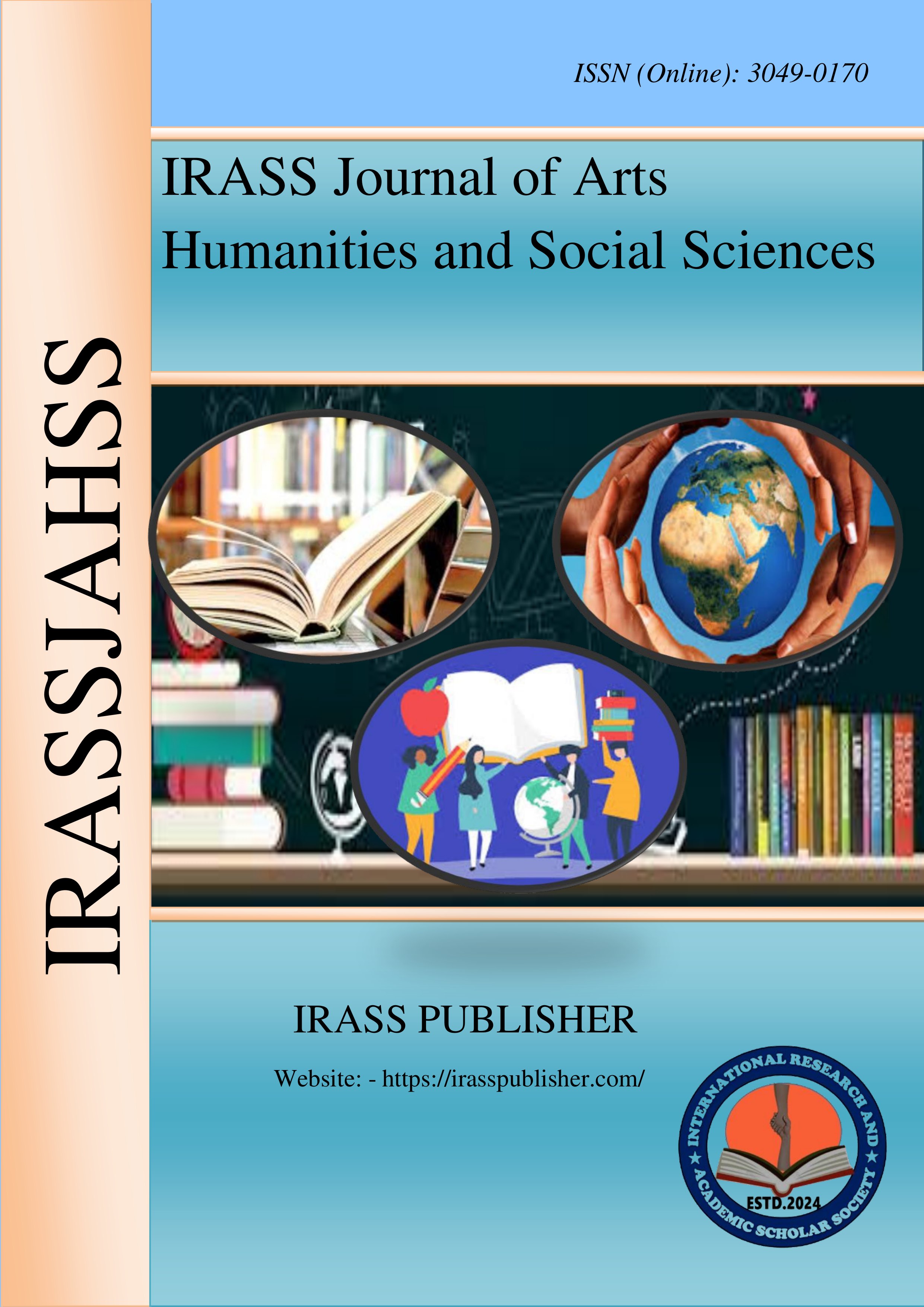THE ROLE OF GOVERNANCE IN ADDRESSING FEAR OF CRIME, AND ITS IMPLICATIONS FOR SOCIAL AND ECONOMIC DEVELOPMENT IN SOUTH AFRICA SUBSTANCE ABUSE
Sr No:
Page No:
18-26
Language:
English
Authors:
Dr. John Motsamai Modise*
Received:
2025-05-13
Accepted:
2025-05-29
Published Date:
2025-06-02
GoogleScholar:
Click here
Abstract:
This study investigates the role of governance in addressing the pervasive fear of
crime in South Africa and explores its implications for social and economic development, with a
particular focus on the impact of substance abuse. South Africa experiences high crime rates and
widespread fear of crime, which disproportionately affect vulnerable communities. Ineffective
governance, coupled with rising substance abuse, exacerbates this fear, undermining public trust
in law enforcement and limiting social and economic participation. The study provides a
comprehensive analysis of how governance mechanisms influence public perceptions of safety
and the intertwined relationship between fear of crime and substance abuse. It highlights gaps in
current policies and governance practices that hinder effective crime and substance abuse
management. By offering evidence-based insights, the research aims to inform policymakers,
law enforcement agencies, and community stakeholders on designing integrated, multi-sectoral
strategies that strengthen governance, enhance community trust, and reduce fear of crime. This
approach supports sustainable social cohesion and economic growth. Effective governance is
critical to breaking the cycle of fear and insecurity caused by crime and substance abuse in South
Africa. Through coordinated efforts among government bodies, police, researchers, and civil
society, the study advocates for holistic interventions that promote safety, well-being, and
inclusive development across communities.
Keywords:
Governance, Fear of Crime, Crime Prevention, Substance Abuse, Public Safety, Community Policing.
Journal: IRASS Journal of Arts, Humanities and Social Sciences
ISSN(Online): 3049-0170
Publisher: IRASS Publisher
Frequency:
Monthly
Language:
English

